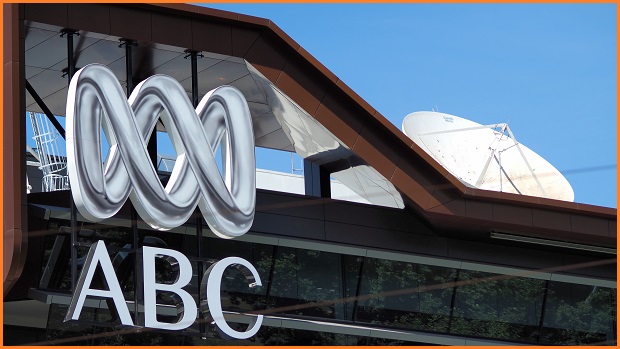Australia should have a publicly-owned social media platform to recreate the model of a public square that caters for open, civic discourse – and it might as well be built by the ABC.
That’s the suggestion from the Australia Institute’s Centre for Responsible Technology in its latest report The Public Square Project.
The report looks to open a discussion about building public digital infrastructure – namely a social network – that would see us effectively regain control over public discourse from international tech giants like Facebook.
Speaking at a webinar on Thursday morning, director of the Centre for Responsible Technology, Peter Lewis, said the ABC was the natural starting point when a looking at 21st century public media infrastructure in Australia.
“We’ve got this great trusted institution with a strong reach,” he said. “Imagine if you had something based on those same principles – somewhere between public and private – that serves a public interest, to build a public network off.
“The crazy thing with the ABC at the moment is that they run all their community on Facebook.”
For the Centre for Responsible Technology, a public social network should be built on three pillars of engagement: communities around existing content, community-generated content, and community input into government.
A key principle of the online public square – in whatever form it might take – is to remove vested, foreign capital interests from the civil discourse that determines who we are as a society.
Tech workers become civil planners
One outcome of this project might be a new framing of IT professionals as more akin to civil engineers or public planners rather than being workers whose aim is to drive ever-larger profit margins.
“If your technologists are not driven by how to squeeze money out of this for Silicon Valley, but how to pursue a series of shared objectives, common goods – things like civility, engagement, nuance, friction – and building those into the way information is served, it would be very different,” Lewis said.
Chair of Digital Rights Watch, Lizzie O’Shea, said a public social media platform could also help re-interpret content moderation as a form of public service.
She said Facebook groups are an example of why moderation is necessary to build communities, but that it is not recognised for the value it already provides.
“We’re reliant on people to do this work and it’s enormous how much they do without any payment,” she said.
“My view is we should aim to have as many local content moderators as we can and remunerate them – in money, or status, or other things – but recognising that work is essential for these spaces to function.
“One of the big criticisms of Facebook is the dissemination of misinformation. Part of the problem I think is that they’re a Californian company that’s seeking to apply American values in all different parts of the world.”
How do you solve a problem like social media?
But first you have to build the publicly owned social network.
Lewis was aware of criticisms that a social media network built on the ABC would be costly, yet remains optimistic that the core concept – of social media as public infrastructure – is achievable.
“I actually think that you’ve got to start with the ABC because it’s got the reach and you can’t build the network from scratch,” he said.
“The idea is that you build the network and when that network is mature, structurally separate the content from the platform.
“At that point we propose that accredited media organisations have access to that platform whether it’s a hyperlocal publisher, a specialist publisher, or – God forbid – an accredited media empire like News Limited.”
Such a social network, Lewis argues, would help Australian news outlets compete against an enemy common to both corporate media and public broadcasters: Facebook.
He thinks the News Media Bargaining Code, which saw Facebook briefly ban news content for Australians, was a sign that local media is willing to work together for better outcomes overall.
“It’s not just out there as a brain fart: we’ve got a process set up where we’re going to engage people and put out regular discussion papers,” Lewis said.
His optimism for the project was shared by digital rights activist Eli Pariser who coined the phrase ‘filter bubble’.
Pariser said we don’t always have to be stuck with the same US tech giants controlling public discourse.
“The problem as much as anything is having the audacity and the boldness to imagine it,” he said.
“If Elon Musk gets to imagine whatever crazy scheme to put robots on the moon, we can imagine better community infrastructure that isn’t dominated by a few big companies in the United States.”










